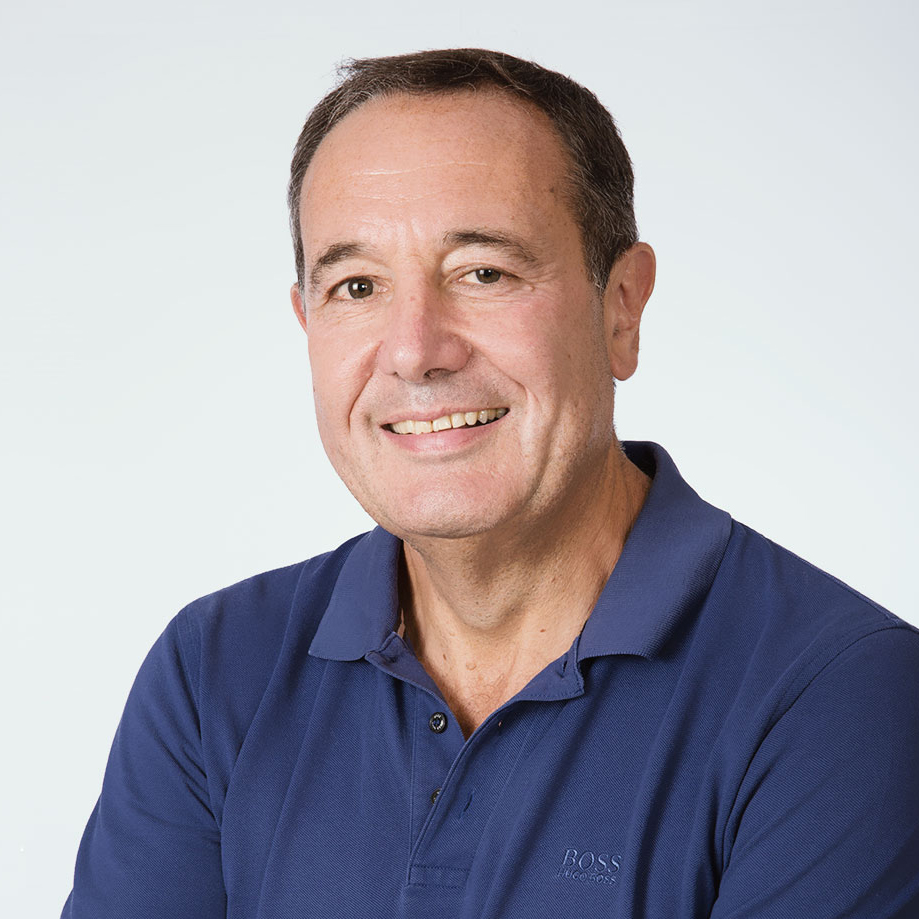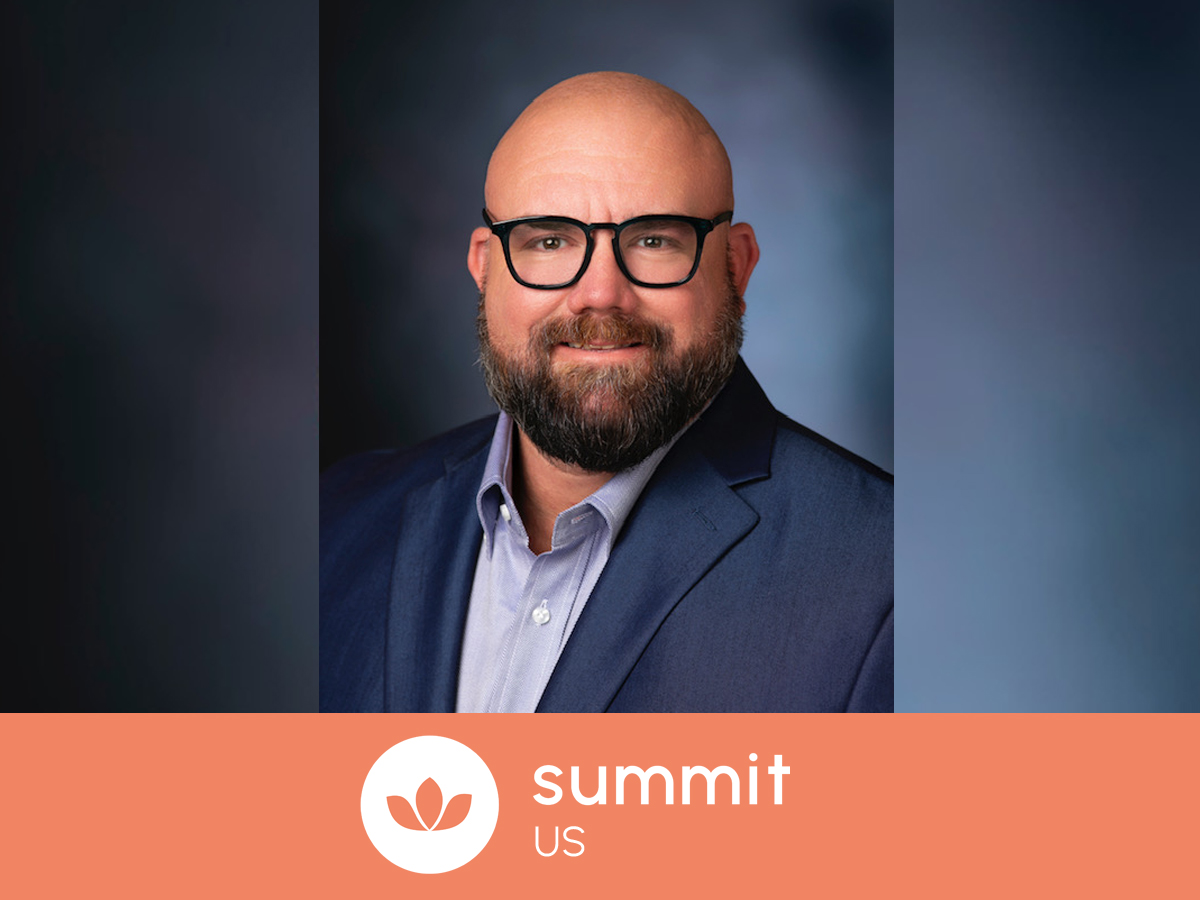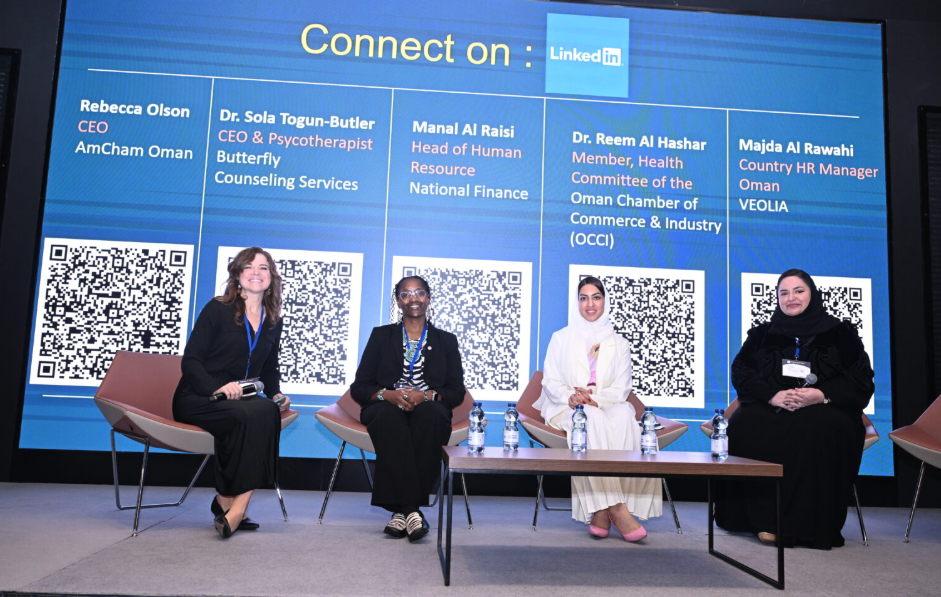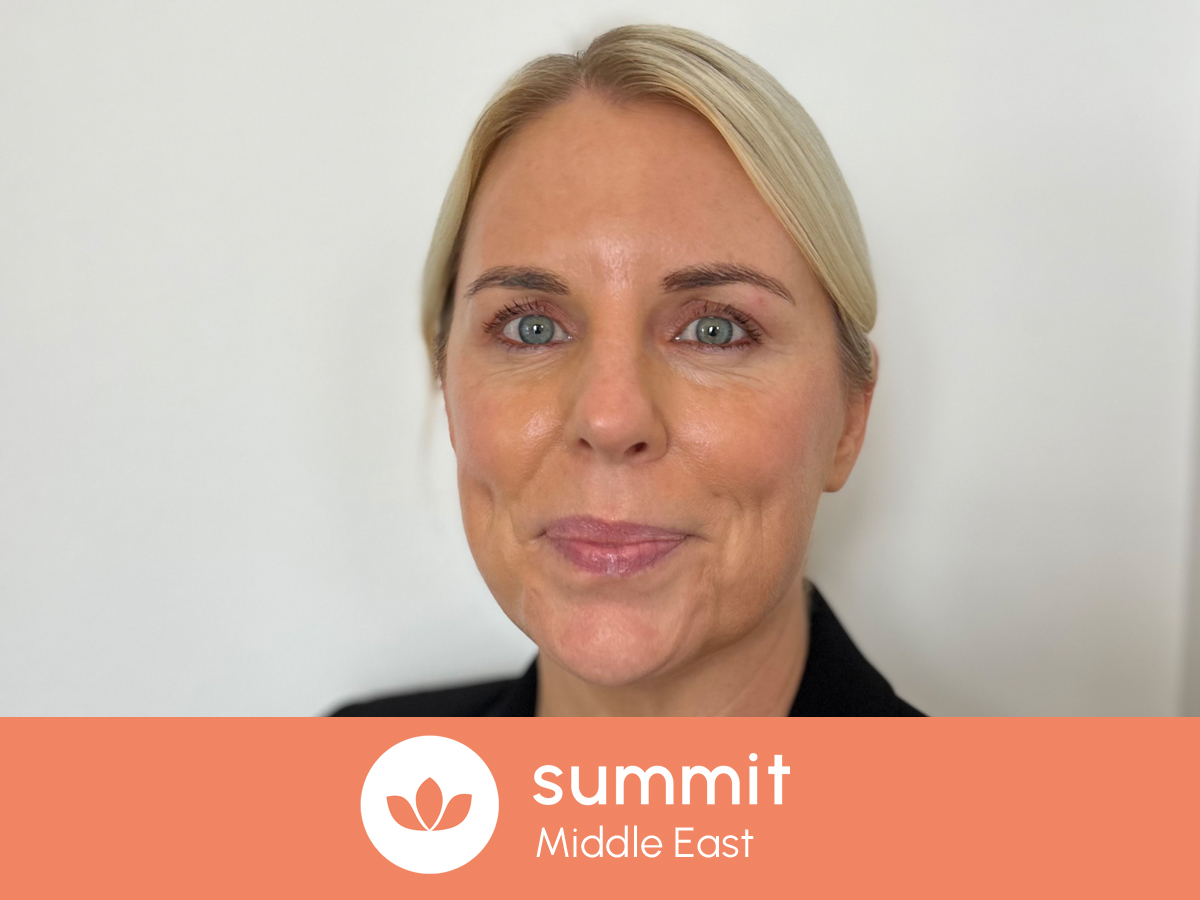
We are delighted that Steve will be speaking at the London event and exhibiting at both London and Manchester during our Wellbeing at Work Summit UK 2025. We caught up with him to find out how he’s feeling in the runup to the event.
Hi Steve, we are thrilled that you will be speaking at the Wellbeing at Work UK Summit in September. Our first and most important question is, how are you doing today?
Great thanks, just got back from a training hike in preparation for our Kilimanjaro trek at the end of August. I love to combine my love of the outdoors with the work that I do around resilience and well-being which gives me a more balanced and healthy lifestyle.
As a leader based in the region, what are the main challenges you are facing when it comes to employee wellbeing and mental health?
Employers are slowly recognising the benefits of resilience assessment and training as an important part of a wellbeing programme. We can see the connection between resilience, wellbeing and performance in our data, and latest research suggests that younger generations place much greater emphasis on wellbeing when selecting a company to work for.
What strategies have you seen developing over the past 6 months, both internally and externally, that are moving the dial on wellbeing in the workplace?
We are a strong advocate of using data to identify and target specific areas that are causing lower levels of resilience and negatively impacting wellbeing. This is a more impactful approach than a generic one size fits all approach to resilience training.
Why is employee wellbeing so important to you personally?
As a senior leader in the tech industry for over 25 years I experienced first hand the impact that stress can have on people. I left the corporate world 8 years ago to focus on addressing the issue of workplace stress and burnout and spent 4 of those years researching and developing an Assessment tool to measure resilience. Part of my inspiration was also a close family member who experienced a long term illness as a teenager, missing a lot of education and socialising but never lost sight of their goal, remaining positive along the way.
What impact is AI having in your organisation and how are you managing that?
We use AI for some of our admin tasks now and also to help us identify latest ideas and research as part of our content creation. We are also looking at creating an AI based App to help our users access materials for self-learning and development to sustain the learning journey beyond the workshop.
Other than AI, are there any challenges that you are seeing for the first time and how are you addressing them?
Increasingly we are seeing a need to provide support for first time leaders when it comes to building resilience, not just for themselves, but also to help them recognise early signs of stress and burnout in their teams, and how to create an environment where people can thrive.
What areas do you think employers should be focused on over the next 12 months?
Leaders should prioritise:
- Measuring the ‘health of the workforce’ by using an Assessment and a data driven approach
- Building programmes that target the specific factors that are causing low resilience with targeted and customised interventions
- Preparing the next generation of leaders to become more resilient, able to navigate the challenging environment.
- Ensuring that wellbeing becomes a strategic imperative to attract and retain talent
Do you feel that investment in employee wellbeing in the region is increasing or decreasing and is that a direct reflection on HR leaders’ increasing ability to demonstrate effective returns of their strategies to leadership?
Globally, it’s rising very slowly but is often the first area that is sacrificed when the organisation becomes under financial pressure. A much stronger focus on ROI and KPIs of initiatives that demonstrate the direct impact on absence, turnover, engagement and performance
How has your organisation been leading the way?
ResilienceBuilder is an Assessment tool that measures resilience and provides recommendation for development via a personalised report. Working in teams and across organisations we use data insights to identify the common challenges and target and customise interventions delivered through a combination of 1:1 coaching, workshops and programmes. Our mission is : To reduce workplace stress and burnout by helping individuals and teams build resilience, while partnering with organisations to create environments where people can thrive.’
Steve will be speaking at the London event and exhibiting at both London and Manchester during our Wellbeing at Work UK Summit.
Our London Summit takes place on 23rd September. Visit our London webpage for further details and to book your tickets.
Our Manchester Summit takes place on 25th September. To find out more about our Manchester Summit and book your tickets please visit our Mancherster webpage.



